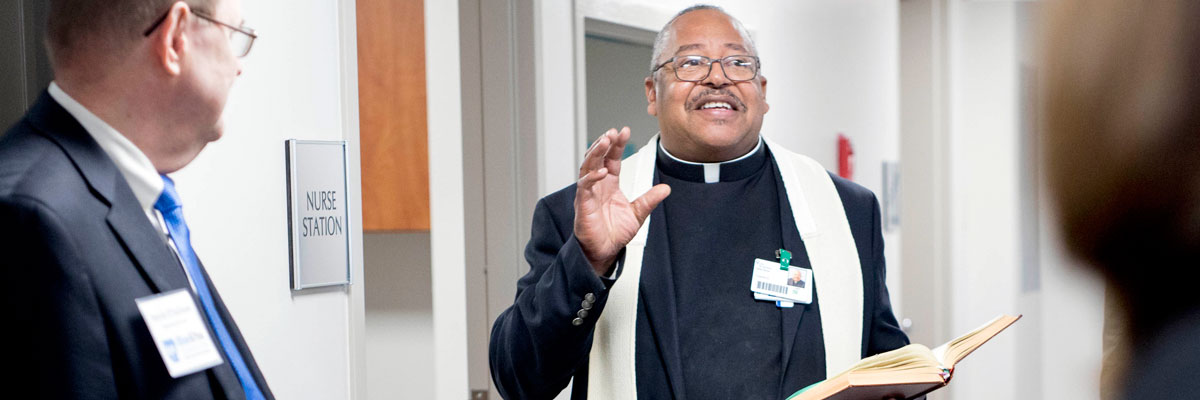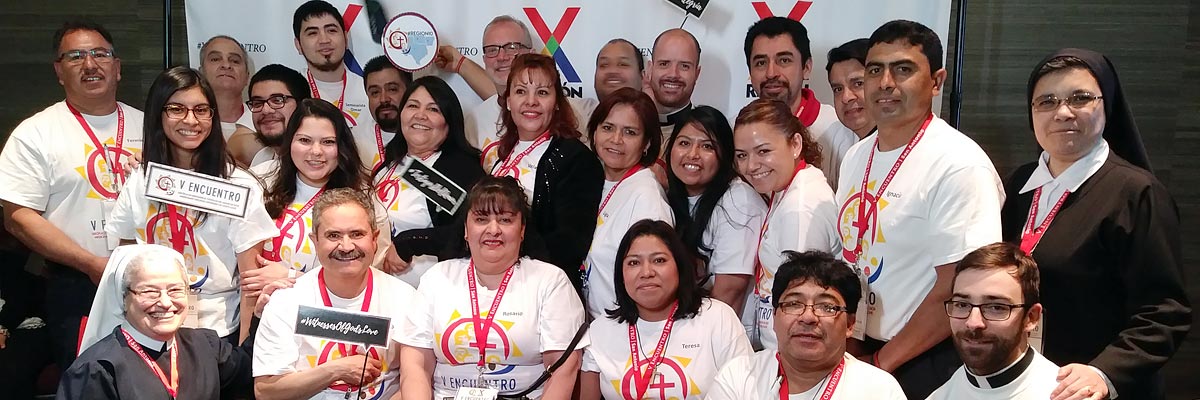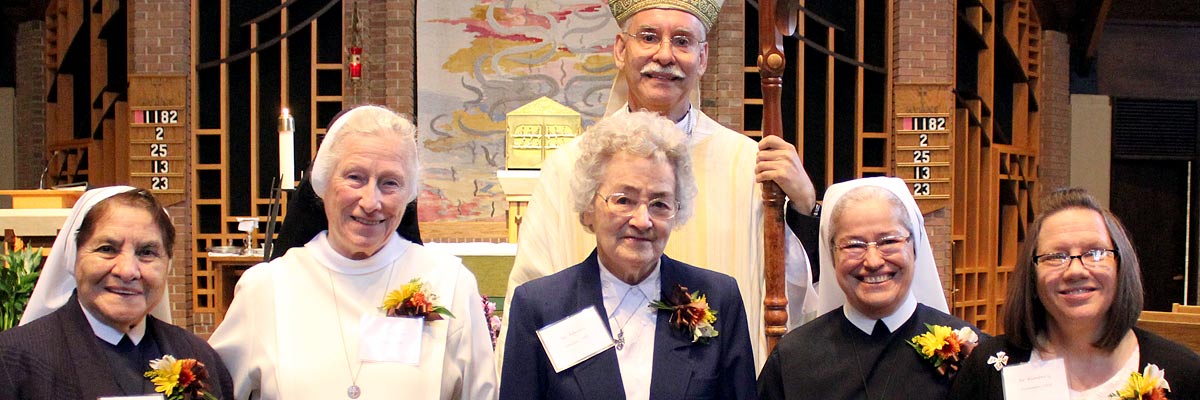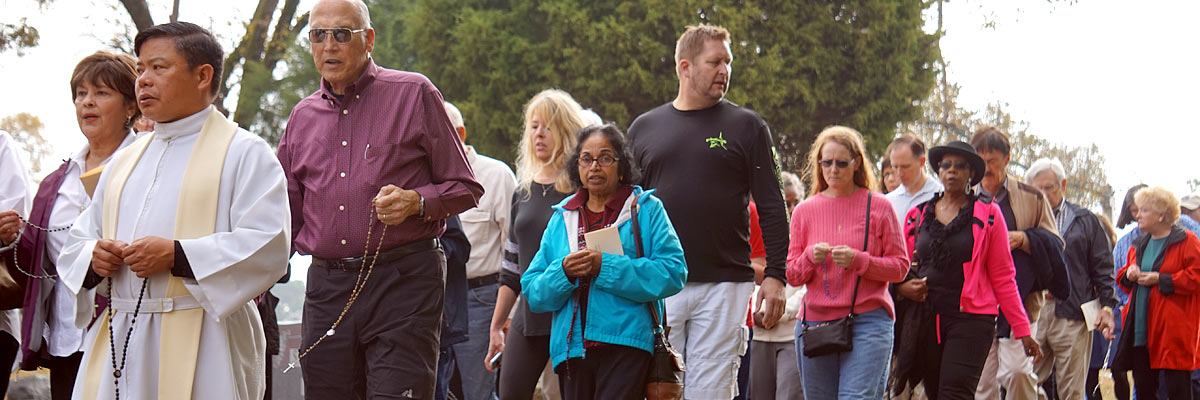Official Website of the
Catholic Diocese of Little Rock
12th Sunday in Ordinary Time, Year C
Published: June 19, 2016
Bishop Anthony B. Taylor preached the following homily in Ponca City, Okla. on Father’s Day, Sunday, June 19, 2016.

Bishop Taylor
One of the great tasks of life is to learn and become who we are to be. This struggle to discover and establish one’s identity is especially acute during adolescence but it doesn’t stop there. Teenagers often try on several identities as they struggle to find themselves — we call it going through a phase.
Many enter college not knowing what they want to do with their life and end up changing majors several times. Who we are is partly given to us and partly the result of our own choices. Our parents, of course, are the single greatest influence but they do not, in the end, give us our identity: our identity is given to us by God.
But in order for it to become ours, we have to embrace that identity, give ourselves over fully to all that is entailed becoming what God has called us to be.
In order for you men to be fathers truly worthy of the name, you have to embrace your fatherhood, give yourselves over fully to all that is entailed becoming the kind of fathers that God has called you to be.
In today’s Gospel, Jesus asks his disciples about his identity: Who do you say that I am? Some thought he was John the Baptist, Elijah or some other prophet, but Peter has discovered the truth about Jesus’ identity. He said: You are the Christ of God … the Messiah.
But Peter still did not understand that being the Christ would 1.) require Jesus to embrace a cross of suffering, rejection and death 2.) leading to his resurrection three days later.
After Pentecost, Peter and the others began to learn that following Jesus would require them to take the same path he took, 1.) embracing their own crosses of suffering, rejection and death, 2.) leading to their resurrection one day as well.
In today’s Gospel Jesus summarizes this fundamental truth of our identity as Christians: If anyone wishes to come after me, he must deny himself and take up his cross daily and follow me. For whoever wishes to save his life will lose it, but whoever loses his life for my sake will save it.
For most of you, the path of Christian faithfulness includes the task of parenting children that God has entrusted to your care. One of the great tasks of new fathers — since today is Father’s Day — is to learn how to be a father, which involves far more than just making babies.
In order for you men to be fathers truly worthy of the name, you have to embrace your fatherhood, give yourselves over fully to all that is entailed becoming the kind of fathers that God has called you to be. And like with every other Christian way of life, there are crosses to bear that are an inescapable part of Christian fatherhood.
One of the main reasons for the crisis in which our society presently finds itself is that far too many fathers are “missing in action.” Far too many children grow up without a father parenting them in any meaningful way — absent physically due to divorce or simply lack of interest.
Distant emotionally due to alcoholism or too much effort invested in climbing the corporate ladder. This abandonment leaves the sons and daughters of such fathers deeply wounded in their sense of self and therefore ill equipped for life.
Some become so consumed by anger and insecurity that they end up spending the whole rest of their lives struggling with authority figures, unable to hold down a job. Others have no clue about how to be a father when their time comes, and so the cycle repeats itself.
Raising children is not easy but God can use them to teach you self-sacrificing love and thereby turn you into a saint. What Jesus says in today’s Gospel about faithfulness in general applies to you parents specifically in your role as Christian fathers and mothers: If anyone wishes to come after me, he must deny himself and take up his cross daily and follow me. For whoever wishes to save his life will lose it, but whoever loses his life for my sake will save it.
And so we pray for you fathers and we thank God for all the self-sacrificing love that we have received from our heavenly Father through you our earthly fathers in this life, and God willing … our brothers in the life to come.









